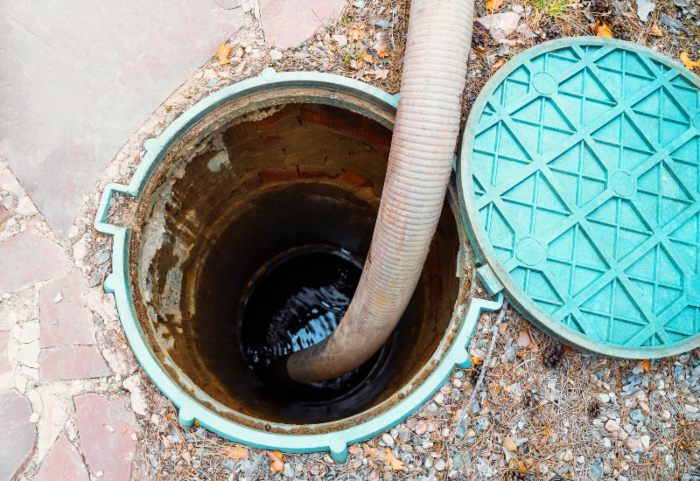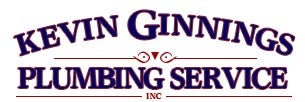What to Do After Sewage Backup or Clog in Your Basement
What to Do After a Sewage Backup or Clog in Your Basement
A sewage backup in your basement can be a messy and overwhelming experience and it’s important to act quickly to protect your home and health. But what should you do when faced with such a situation? In this article, we’ll explain what causes sewage backups, how to recognize the signs, and the steps to take when a sewage backup or clog occurs in your basement.

What Are the Sewer and Main Sewer Lines?
The sewer system is responsible for carrying wastewater from your home to a treatment facility. Each home is connected to a main sewer line, which transports all the wastewater from the toilet, sink, showers, and drains. When this line gets blocked or damaged, sewage can back up into your home, often finding its way to the lowest point, your basement.
Sewage backups are not only unpleasant but can also pose serious health risks. Contaminated water can spread bacteria and viruses, making quick action professional help necessary.
What Are the Signs of a Sewage Backup?
Recognizing the signs of a sewage backup early can help you prevent more extensive damage. Here are a few common indicators:
- Gurgling Sounds – If you hear gurgling from your drains or toilets, it may signal a blockage in your sewer line.
- Slow Drains – If multiple drains in your home are slow to clear, it could point to a clog in the main sewer line.
- Unpleasant Odors – Foul smells from your drains or basement indicate that sewage may be accumulating in your pipes.
- Water Backflow – If water or waste begins to back up through your basement floor drain, this is a clear sign of a sewage line problem.
If you notice any of these signs, it’s time to investigate the cause and consider professional intervention.
Most Common Causes of Sewer Backups
Sewer backups can occur for a variety of reasons. Understanding these causes can help prevent future incidents:
- Clogged Pipes – Hair, grease, and other debris can accumulate over time, leading to blockages that prevent wastewater from flowing freely.
- Tree Root Intrusions – Roots from nearby trees can infiltrate and block your sewer line, causing sewage to back up into your home.
- Broken or Collapsed Pipes – Older homes are more prone to pipe damage due to wear and tear or shifting soil, which can disrupt the flow of sewage.
- Heavy Rainfall – When the municipal sewer systems become overloaded during heavy rain, water and sewage can back up into your home.
Knowing the most common causes can help you take preventive measures to avoid future sewer problems.
How to Fix a Sewage Backup
If a sewage backup occurs in your basement, immediate action is essential to minimize damage. Here’s what to do:
- Turn Off the Water Supply – If the backup is related to a clog in your plumbing system, stopping the water flow can prevent more waste from entering your home.
- Avoid Using Any of the Drains in Your Home – Do not flush toilets, run sinks, or use any other fixtures that send water into your plumbing system.
- Ventilate the Area – Open windows and doors in your basement to allow air to circulate and reduce harmful fumes.
- Call a Professional Plumber – Sewage backups are not DIY jobs. A professional plumber can assess the situation, locate the clog, and provide the appropriate solution.
Attempting to fix a sewage backup on your own can expose you to health risks and may cause further damage to your plumbing system. It’s always best to leave it to the professionals.
What to Do If You Have a Sewage Backup
Here are some key steps to take after discovering a sewage backup in your basement:
- Evacuate the Area – Keep children and pets away from the contaminated area to reduce the risk of illness.
- Document the Damage – Take photos and videos of the affected area for insurance purposes. This can help speed up your claim and ensure that you receive the necessary compensation.
- Contact Your Insurance Company – Notify your insurance provider as soon as possible to begin the claims process.
- Arrange for Sewage Backup Cleaning – Professional sewage cleanup is necessary to safely remove contaminated water, disinfect the area, and restore your home.
Professional sewage backup cleaning services ensure that your home is properly sanitized and safe to return to after the backup is being resolved.
Reach Out to the Pros
When you’re faced with a sewage backup in your basement, you need a plumbing team you can trust. Kevin Ginnings Plumbing Services, Inc. has been serving South Kansas City for over 30 years, offering expert sewage backup cleaning and plumbing repair services. We understand the urgency of these situations and provide prompt, reliable service to get your home back to normal.
Our team is experienced in handling everything from simple clogs to major sewage backups. We use advanced tools to locate and fix the problem quickly. We take pride in delivering top-quality workmanship while ensuring your home is protected from future plumbing issues.
For more information about our company and plumbing services, visit our website or contact us to schedule an appointment. We look forward to serving you!
